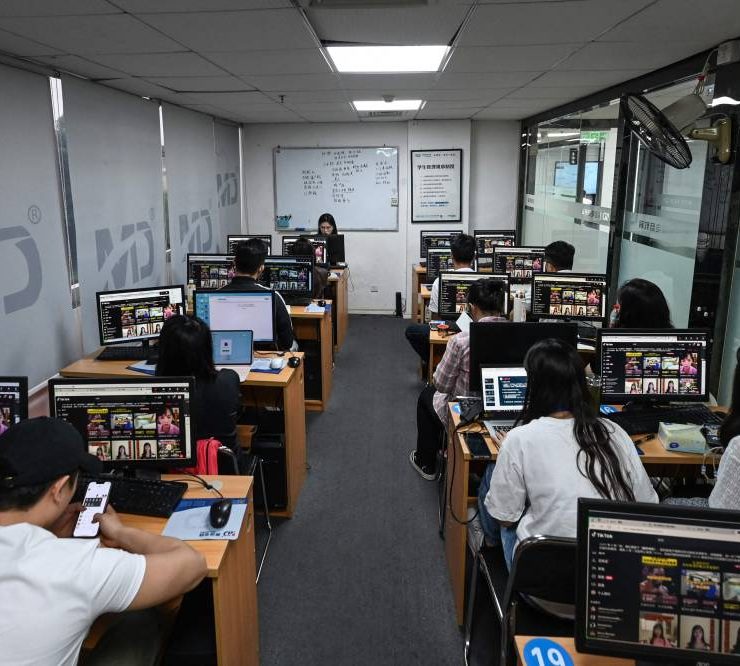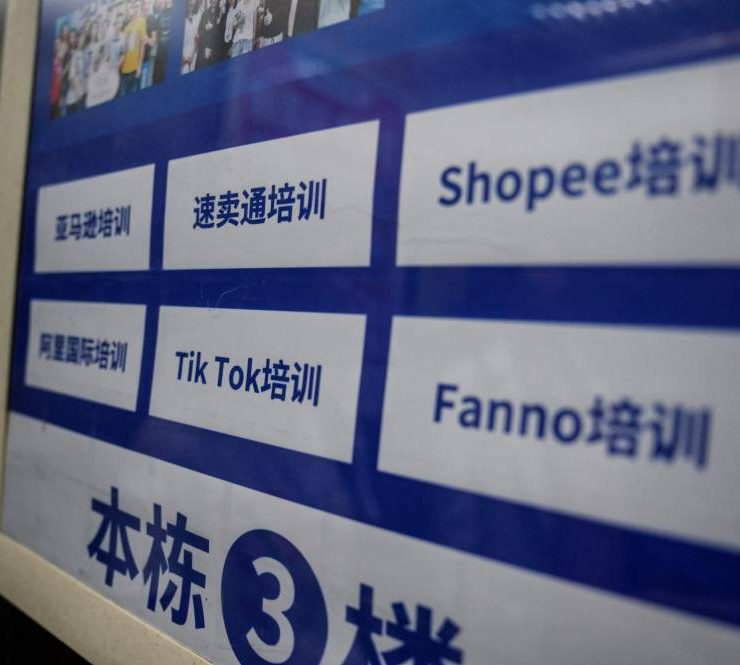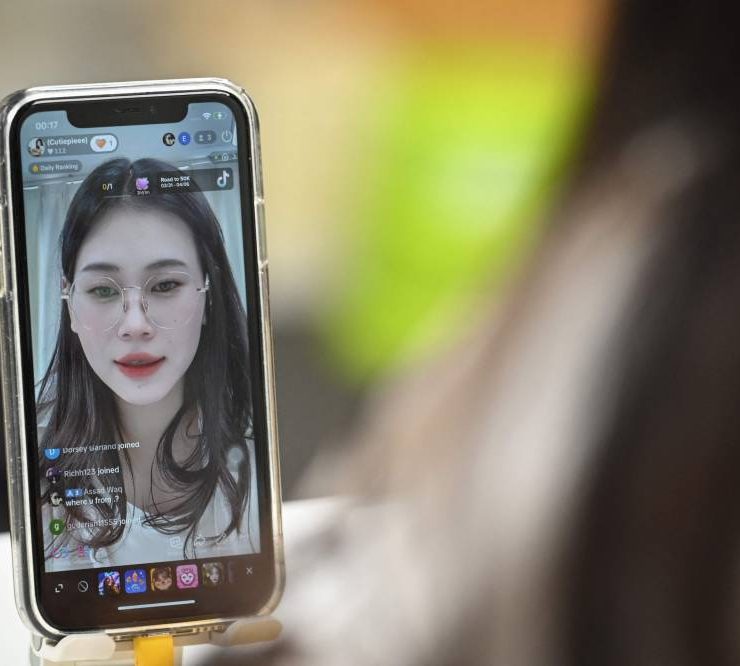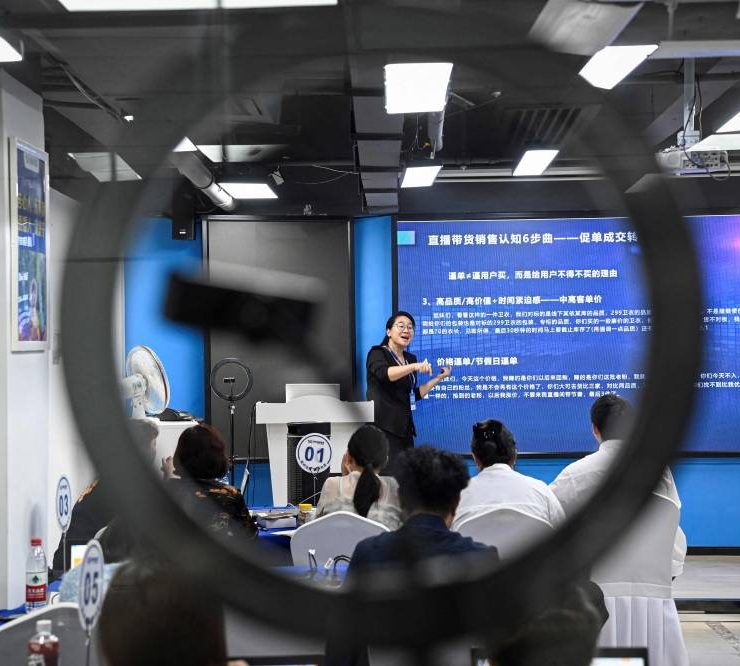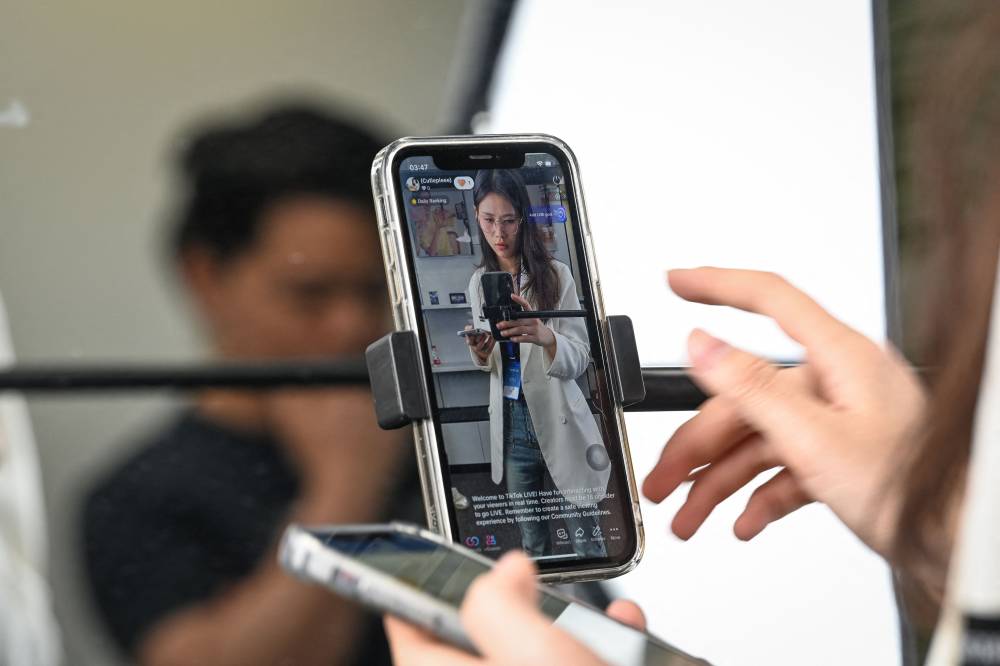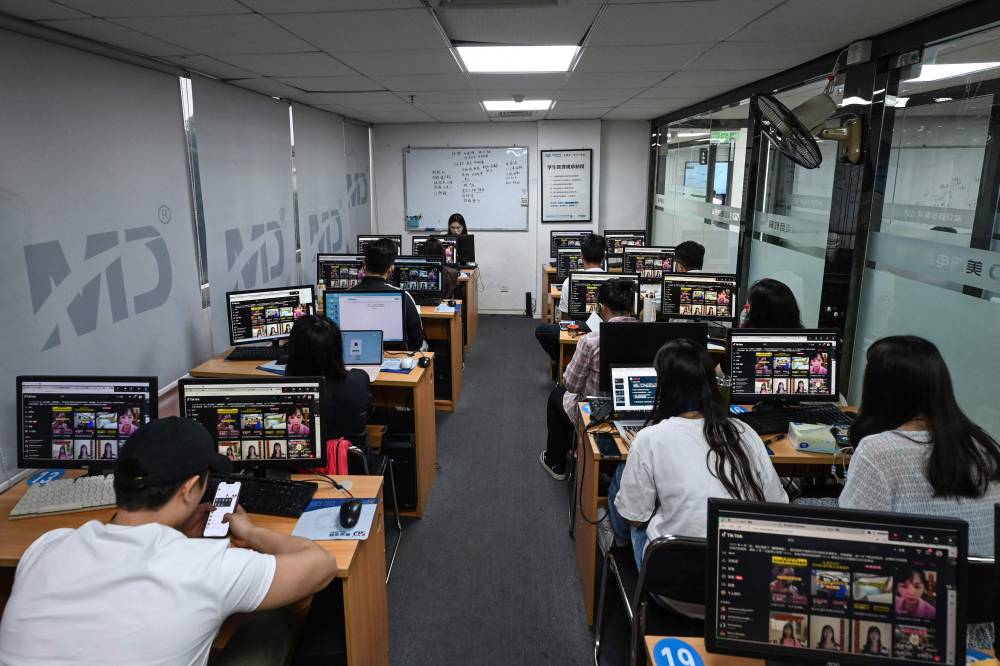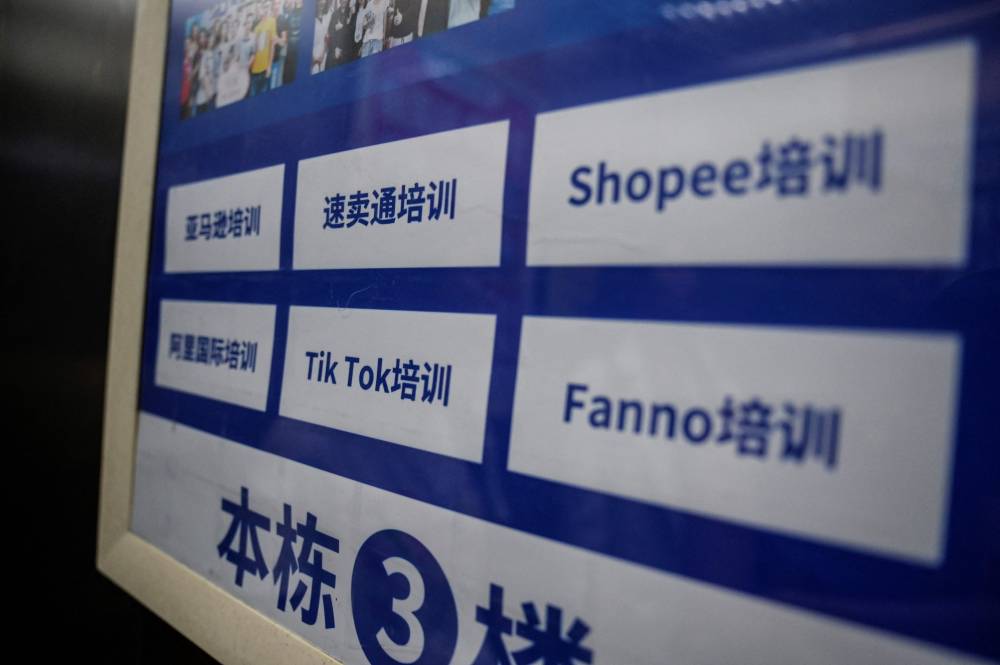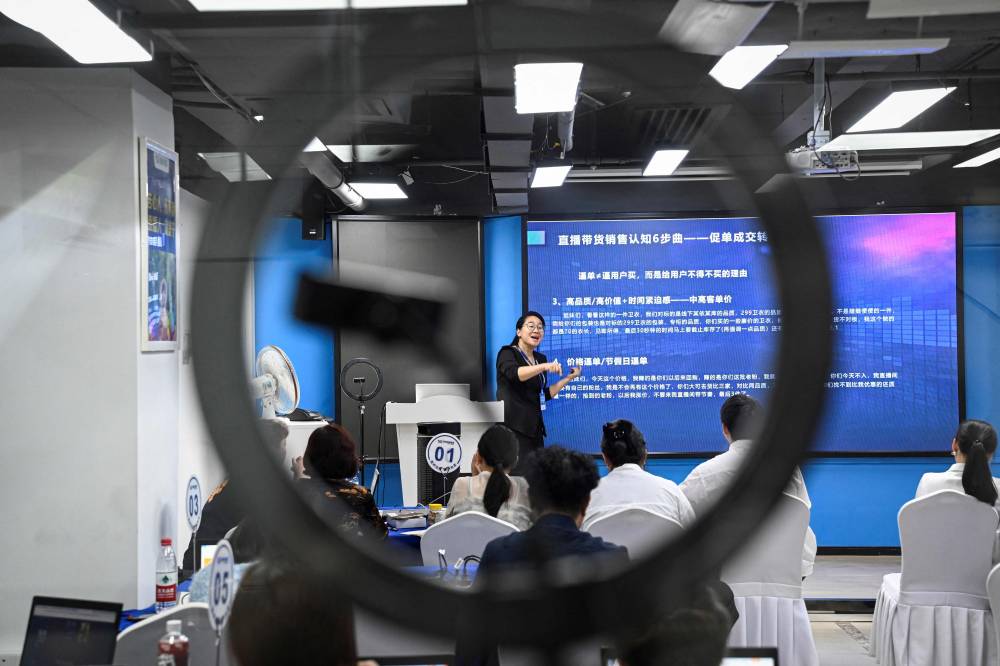Chinese sellers go to TikTok school to reach buyers abroad




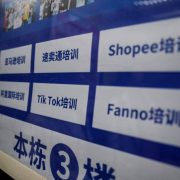 +2
+2 Chinese sellers go to TikTok school to reach buyers abroad
Chinese sellers go to TikTok school to reach buyers abroad
Chinese sellers go to TikTok school to reach buyers abroad
Chinese sellers go to TikTok school to reach buyers abroad
Chinese sellers go to TikTok school to reach buyers abroad
GUANGZHOU, CHINA— Donning hijabs and floor-length abaya gowns over shorts and tank tops, Chinese students at an e-commerce school perform into a smartphone camera as they learn how to sell the clothes to overseas TikTok users.It is the final day of a two-week course on selling products abroad via the short video app—which despite being blocked in China is a platform more and more Chinese vendors are turning to.
Succeeding on TikTok requires tools for bypassing internet restrictions as well as foreign-language skills, challenges that have prompted a boom in courses and consulting services.
At the school in Guangzhou in southern Guangdong province, an instructor holds up the Middle Eastern-inspired garments to the camera and rattles off prices and sizing information for Muslim buyers in the UK.
“This is chiffon, it’s really breathable!” she gushes in English as her protégés model the goods and sort through racks of satin robes under stark studio lights.
“We teach people which products are selling better, and which markets are more suitable for their current stages,” says 27-year-old instructor Wang Yaxuan.
Guangdong is home to thousands of factories making a mind-boggling variety of products, from abayas to espresso machine parts to wigs made of human hair.
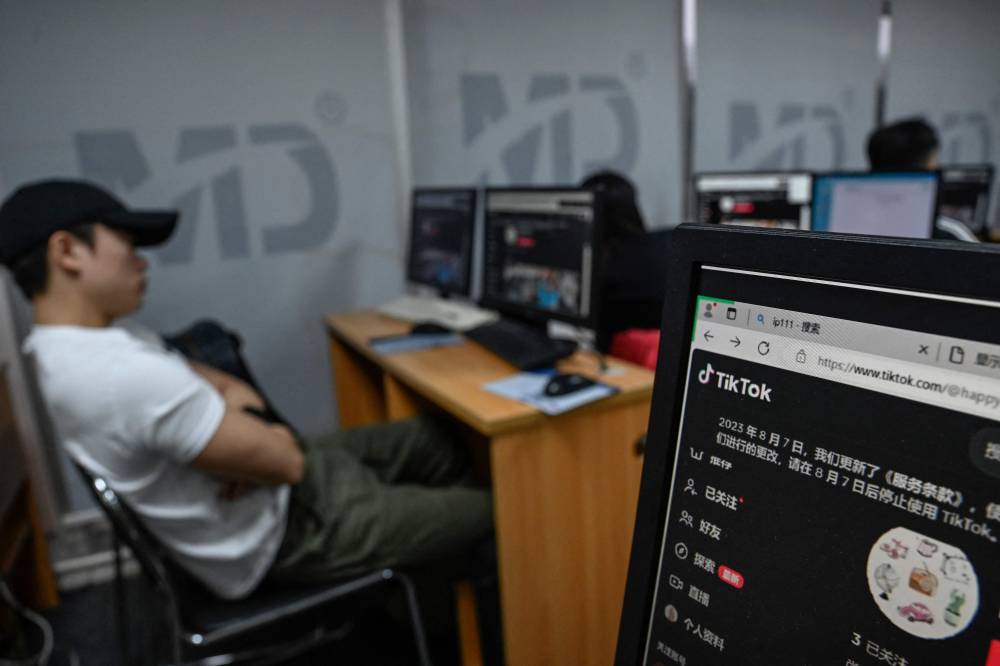
After decades of producing goods for export, Chinese companies are increasingly seeking to cut out the middleman and market themselves at lower prices, directly to overseas consumers.
Shein, the China-founded fast fashion giant, has effectively taken over the lower-end Western market using this strategy, with TikTok a key facet of its selling network.
TikTok Shop launched in the United States late last year, and e-commerce features have previously been rolled out in places like Britain and Southeast Asia.
A casual scroll on the hugely popular app’s “Live” tab can land users on multiple shopping live streams within minutes.
But with TikTok unavailable in China—parent company Bytedance operates the more strictly censored sister app Douyin domestically—smaller businesses there are at a disadvantage.
Courses like the one at Mede Education Technology’s e-commerce school help by covering everything from the basics of creating a TikTok account to handling shipping and analyzing sales data.
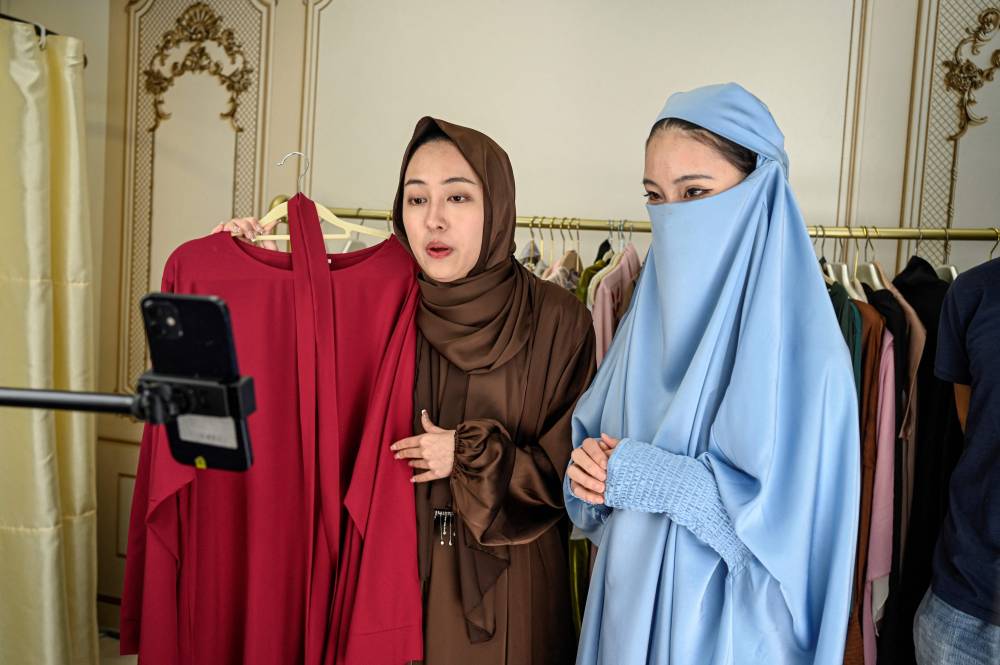
Fees start at around 9,000 yuan ($1,244) for a six-day course.Students, who range from factory owners to fresh graduates, often take classes for multiple foreign shopping platforms including Amazon and Southeast Asia’s Shopee.
Information gap
Qiu Zhouwen, a course participant in his 30s, works for a Guangzhou cosmetics company.
He says his company enrolled him because they are hoping to eventually sell their skincare range through TikTok.
“Information is part of the cost (of doing business) now, and if you don’t have the information that’s appropriate to the market, your cost will be way too high,” Qiu says.
Wang, the Mede instructor, attended university in the United States and says it can be challenging for Chinese sellers to adapt to different consumer tastes abroad.
AFP is one of the world's three major news agencies, and the only European one. Its mission is to provide rapid, comprehensive, impartial and verified coverage of the news and issues that shape our daily lives.















